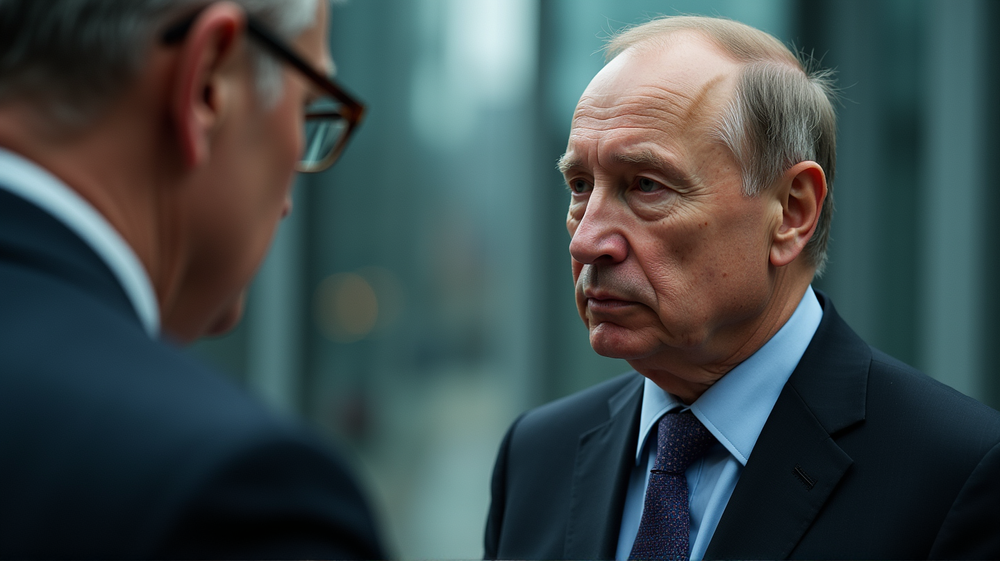Czech FM Calls for Immediate Action as Russian Talks Stagnate
In an urgent plea for international action, Czech Foreign Minister Jan Lipavský has publicly declared the need for increased pressure on Russia following the ineffectual talks in Istanbul. The recent discussions, aimed at negotiating a ceasefire and resolving tensions, have instead been characterized by what Lipavský calls ‘procrastination and games’. His statement resonates amid a climate of growing frustration over Russia’s refusal to entertain proposals for an unconditional ceasefire.
The Stagnant Dialogues
The second round of talks, coordinated by Turkey and held in Istanbul on June 2, had initially kindled hopes for diplomatic progress. Delegates from both Ukraine and Russia convened with an agenda which included not only a ceasefire but also the exchange of prisoners of war. However, the lack of genuine engagement from the Russian side has thwarted these ambitions.
A Call for Action
In a bold assertion via the X social network, Lipavský reiterated the stale repetition of Russian ultimatums seen since Istanbul 2022. “It’s time to increase pressure on Moscow. We have the tools,” he insisted, signaling a call to arms for allied nations to unite and enhance sanctions against Russia.
Growing International Frustration
Elsewhere in Europe, the sentiment mirrors Lipavský’s stance. Leaders across nations are advocating for intensified sanctions as they perceive Russia’s current diplomatic posture as a deliberate tactic to stall any real resolution efforts. The acknowledgement of these hindrances in international platforms sets a stern resolve for future negotiations.
Rallying Global Support
Efforts to rally international support have seen figures like US Senator Graham introducing legislation aimed at tightening anti-Russian sanctions. Such movements could be instrumental in aligning global forces against Russia’s obstinate policies.
The Path Forward
Despite the setbacks, the dialogue surrounding these diplomatic efforts underlines the critical need for a cohesive strategy. “No serious talks; only procrastination and games,” Lipavský lamented, but the resolve to address these challenges remains unwavering. The tools at the disposal of the international community could indeed pave the way for substantial impact.
According to Interfax-Ukraine, it is crucial to maintain an agile yet firm approach in tackling the ongoing geopolitical tensions.
In essence, the call to strategically increase pressure on Moscow underscores a collective urgency to steer the negotiations toward meaningful and effective resolutions. The path ahead demands decisive actions backed by a unified global stance.




